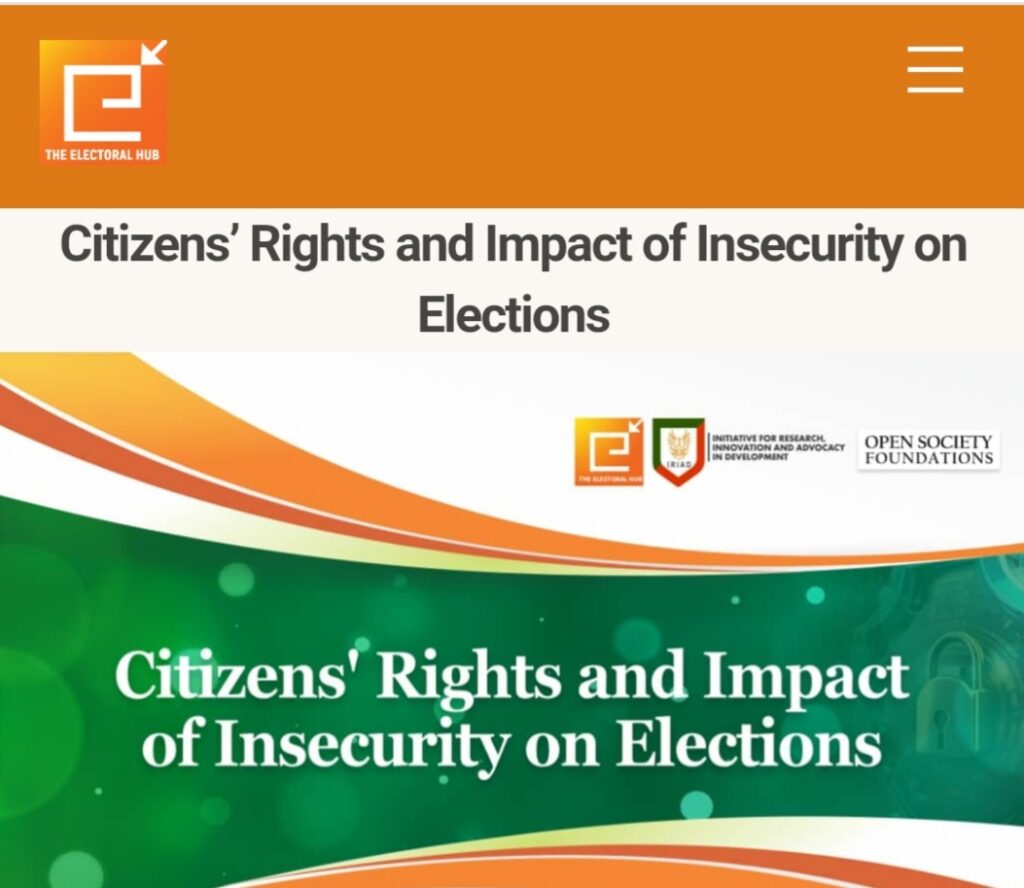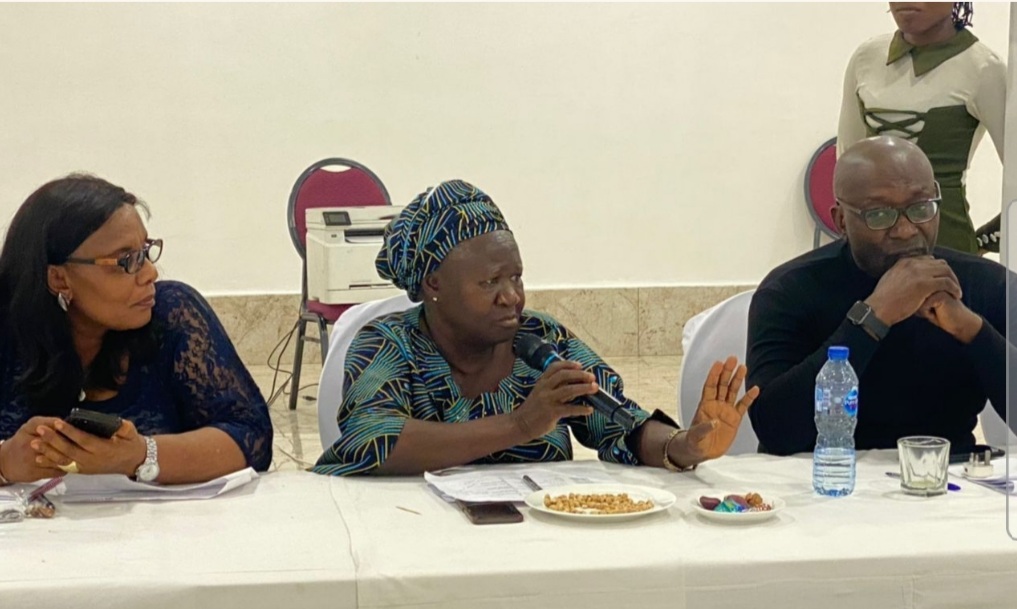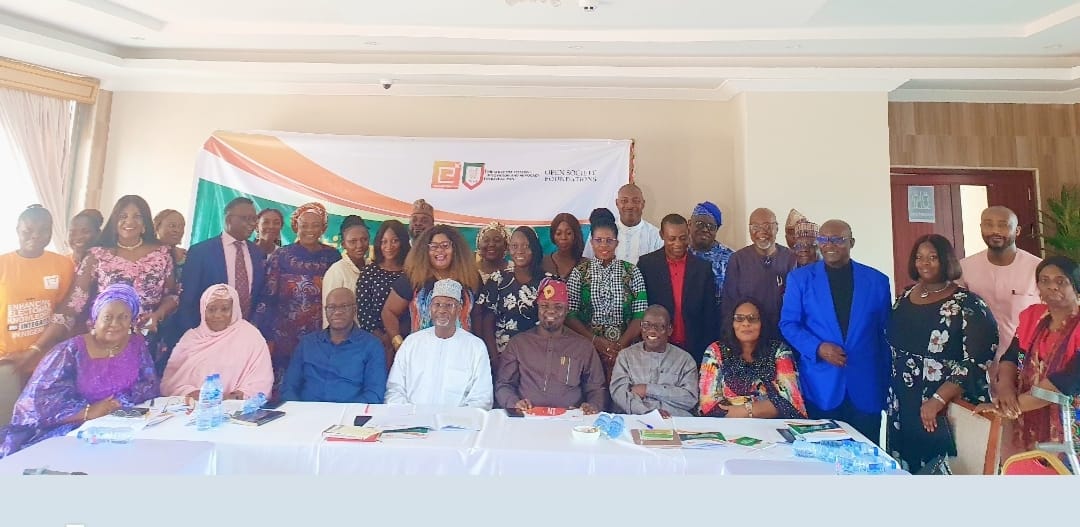In this article, Senator Iroegbu, provides a thorough analysis of the recent roundtable conducted by IRIAD-The Electoral Hub, highlighting the crucial need to uphold the institutional integrity of the Independent National Electoral Commission (INEC) amidst prevalent security challenges and electoral violence. This urgency is underscored by the observed outcomes of the recent off-cycle governorship elections in Imo, Bayelsa, and Kogi, characterised by allegations of irregularities and malpractices within the electoral landscape. The stakeholders involved in the roundtable not only advocated for robust electoral safeguards but also presented proposals encompassing the unbundling of INEC, addressing electoral offenses, and an overarching call for comprehensive analysis and reform.
IRIAD-The Electoral Hub’s advocacy for electoral safeguards
As the dust settles on the recent off-cycle governorship elections in Imo, Bayelsa, and Kogi states, the echoes of alleged irregularities and malpractices reverberate through the corridors of Nigeria’s electoral landscape. The scrutinized electoral process has become a focal point for discussions on the need to safeguard both the institutional integrity of the Independent National Electoral Commission (INEC) and the broader integrity of the electoral system.
At the heart of this discourse is the advocacy of IRIAD-The Electoral Hub, an organization dedicated to the pursuit of electoral integrity. Princess Hamman-Obels, the Director of IRIAD-The Electoral Hub, emphasized the urgency of safeguarding the electoral process amidst varying experiences of insecurity and high electoral violence in the states under scrutiny. Hamman-Obels noted this at the just concluded Round Table and Public Presentation of Policy Papers on Citizens’ Rights and Impact of Insecurity on Elections organised by The Electoral Hub in collaboration with the Open Society Foundation (OSF) Africa in Abuja.
She stressed the importance of sharing research findings to guide security measures, viewing it as a proactive step to ensure a peaceful electoral environment.
According to her, these states as we know have varying experiences of insecurity and very high electoral violence, and as they prepare for the off-cycle governorship elections, incidents of electoral violence have already claimed lives and properties.
She said: “Sharing the findings and recommendations from the research outputs to guide activities for security and safety in the elections will add to electoral integrity by ensuring peaceful elections. This is considered a stitch in time.”
Unbundling INEC: A proposal for enhanced efficiency
Adebayo Balogun, Chairman of the House Committee on Electoral Matters, introduced the idea of unbundling INEC, attributing the need for this to the myriad responsibilities burdening the electoral commission. Balogun proposed the removal of certain responsibilities from INEC, suggesting that a separate agency be created to address electoral offenses and violence.
He noted the removal of some responsibilities from INEC so as to allow other existing or newly created agencies to handle so that INEC would be more efficient. According to him, the envisaged agency would collaborate with various security agencies to develop effective strategies for tackling electoral challenges.

To this end, the Legislator recommended that INEC’s responsibility on publicity to enlighten voters could also be moved to the National Orientation Agency (NOA). “We are working on a lot of things but the one that actually relates to what we have here today is unbundling INEC to remove the aspect that has to do with Electoral offenses and violence and to bring it on a separate agency,” he suggested.
Balogun said that with the creation of an electoral offences’ agency, it will be able to handle the areas that have to do with violence adding that the agency would encompass various security agencies working to see how they would fashion a way out to tackle the challenge.
In the same vein, former INEC Chairman, Prof. Attahiru Jega, underscored the collective responsibility in addressing electoral violence, a pervasive issue evident in Nigeria’s electoral processes. Jega highlighted the disruptive impact of insecurity and election violence on the nation’s social and economic strength. He called for concerted efforts to minimize, if not entirely eliminate, violence in electoral conduct, emphasizing the imperative of progress in each election.
Jega, who is also a professor of political science at Bayero University Kano (BUK), noted that insecurity and election violence was disruptive to the social and economic strength of the nation. “So, the aim was to eliminate it during elections,” he added.
He stated: “All efforts need to be focused in terms of what needs to be done in order to minimise drastically if not totally to eliminate violence in the conduct of our elections.
“We want all hands to be on deck and for us to continue to make progress from each election we conduct. We all should come out and ensure that this becomes a reality.”
A call for in-depth analysis and reform
Representing INEC Chairman Prof. Mahmood Yakubu, Mohammed Kuna, Special Adviser to the INEC Chairman, assured stakeholders of the commission’s readiness to embrace new innovations. Kuna acknowledged INEC’s history of welcoming discoveries, citing the introduction of BVAS and PVCs as examples of the commission’s commitment to progress.
However, the recent off-cycle elections themselves were marred by allegations of irregularities, malpractices, and violence. Reports of fictitious election results being written and uploaded in Imo and Kogi, along with incidents of violence and voter intimidation in Bayelsa and Kogi, have raised concerns about the credibility of the electoral outcomes.

Against this backdrop, the events surrounding the off-cycle elections demand in-depth analysis and a comprehensive approach to electoral reform. Stakeholders, including electoral bodies, policymakers, and civil society, must engage in a critical examination of the challenges faced in Imo, Bayelsa, and Kogi. The alleged irregularities serve as a clarion call for systemic changes that enhance transparency, strengthen security protocols, and ensure the credibility of future elections.
In conclusion, the aftermath of the off-cycle elections has ignited a discourse on the integrity of Nigeria’s electoral processes. The intersection of advocacy, proposals for institutional changes, and the harsh realities of alleged irregularities creates a tableau that demands the collective attention of stakeholders. As Nigeria navigates its democratic journey, the imperative of fortifying the electoral system to uphold democratic ideals becomes an undeniable imperative.

